 [The following Op-Ed was written by Reps. Anthony Weiner and Jason Chaffetz]
[The following Op-Ed was written by Reps. Anthony Weiner and Jason Chaffetz]
Going through the federal budget, you might not expect to find many things that a Democrat from a deep blue state and a Republican from a bright red one could agree to eliminate. The reality, however, is that there are some programs that both sides of the aisle can recognize don’t make the best use of taxpayer dollars.
Most budget debates focus on the biggest expenditures, which are the hardest to cut. Either they are vital to many Americans (Medicare) or they are necessary programs, such as defense spending or interest payments to service the national debt.
Just because Republicans and Democrats don’t agree on whether or how to cut those major programs doesn’t mean that we’re bereft of options. There is a lot of excess weight out there in the form of smaller budget items that can no longer be justified.
For example, the subsidy program for mohair farmers. The World War II-era rationale to subsidize wool for military uniforms ended with the use of synthetics in 1958, but the program lived on. Cutting this program would save $1 million per year and be a symbolic victory.
Another waste of taxpayer money: the United States Institute of Peace. The USIP is a fine think tank that, according to its website, “provides the analysis, training and tools that prevent and end conflicts, promotes stability and professionalizes the field of peacebuilding.”
The USIP has a role to play in our modern world, but the level of taxpayer support that this private organization receives is excessive. Since 1985, taxpayers have forked over more than $720 million (inflation adjusted). That has included support for a gleaming new 150,000 square foot office building in the shadow of that other taxpayer-supported institution devoted to peace: the State Department.
President Obama has applauded recent pledges by Secretary of Defense Robert Gates to eliminate billions in unnecessary defense spending, but these cuts feel like a tough sell when we’re using taxpayer money to fund a private organization. Our defense and diplomatic establishment has helped promote stability for hundreds of years, and it should be the place we invest taxpayer dollars intended to further peace.
The USIP is a case study in how government waste thrives. The idea began during the Cold War as a modest proposal with $4 million in seed money. But the organization received government funding year after year essentially because it had been funded the year before—and because it had important allies. The late Sen. Ted Stevens air-dropped (via conference committee) $100 million for the USIP in 1985, despite the absence of any allocation in the spending bills already passed by the House and Senate that year.
In 2010, the USIP received $34 million in operating expenses from Congress, $17 million in transfers and reimbursements from the State Department and the Pentagon, and another $15 million from Congress for its new building. According to its own estimate, the institute expects about $54 million from taxpayers in 2011.
Although there have been no oversight hearings on the USIP since 1985, the organization’s value is not in question—only its need for taxpayer funding is. Similar organizations manage to do good work without taxpayer money, and the USIP already raises millions from corporate and private interests, just as other think tanks do.
It’s also time to examine other misuses of taxpayer money that have proliferated year after year through the same congressional inattention. Once programs have fulfilled their purpose (or have failed to do so), we should cut them.
Mr. Chaffetz is a Republican representative from Utah. Mr. Weiner is a Democratic representative from New York.
NOTE: The views expressed here are those of the authors and do not necessarily represent or reflect the views of YWN.
Have you checked out YWN Radio yet? Click HERE to listen!
(YWN World Headquarters – NYC)

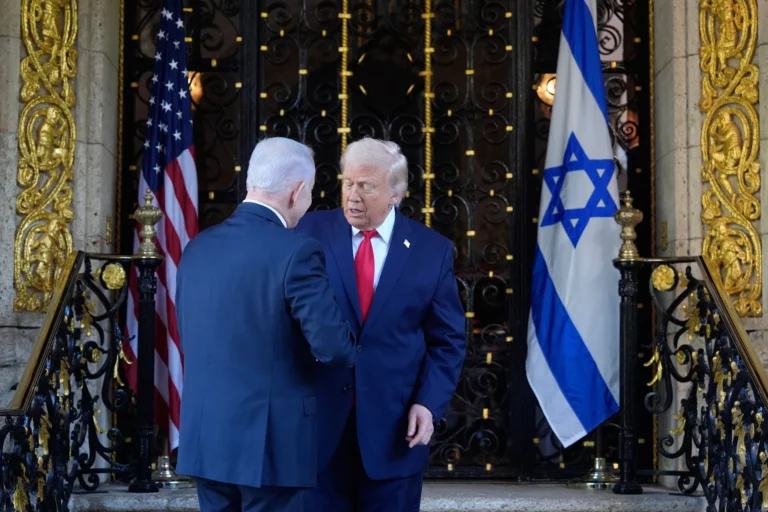
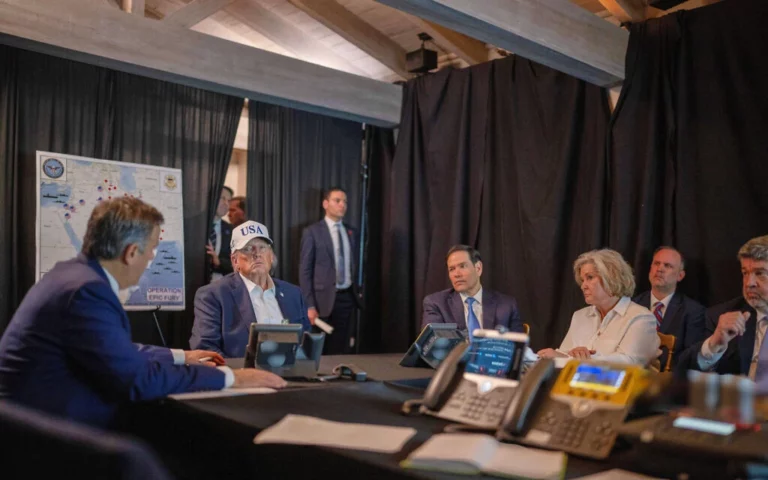
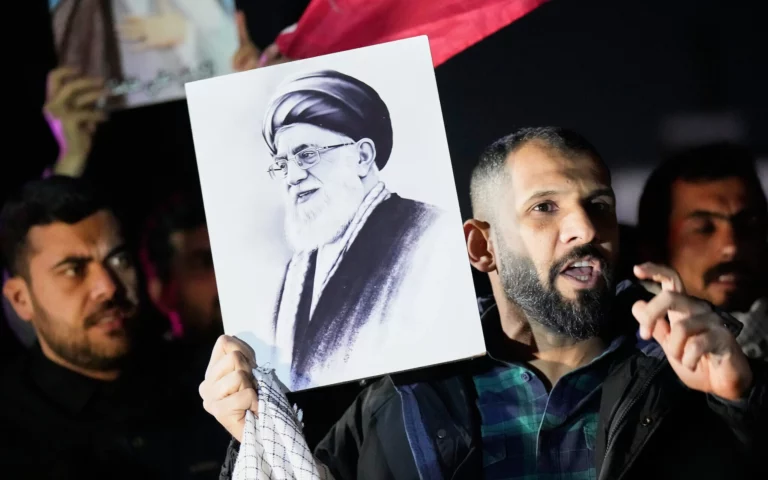



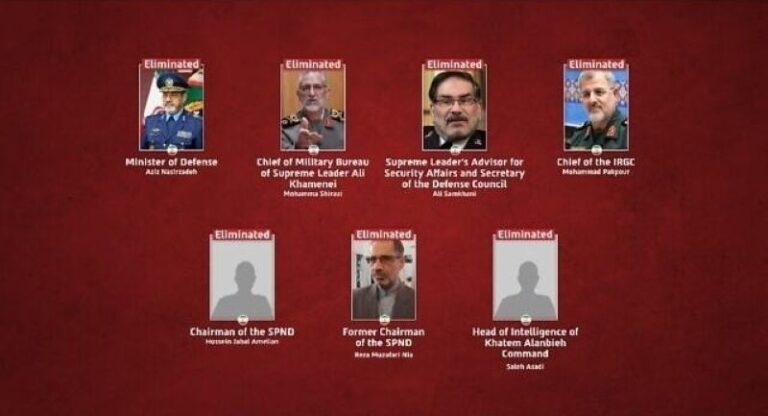
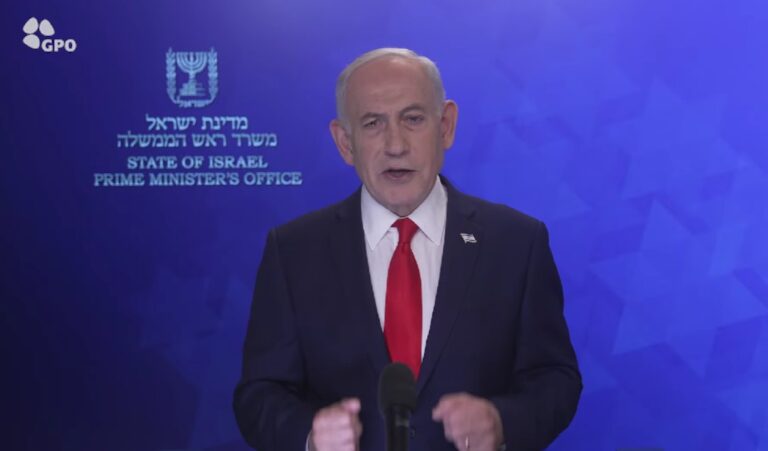

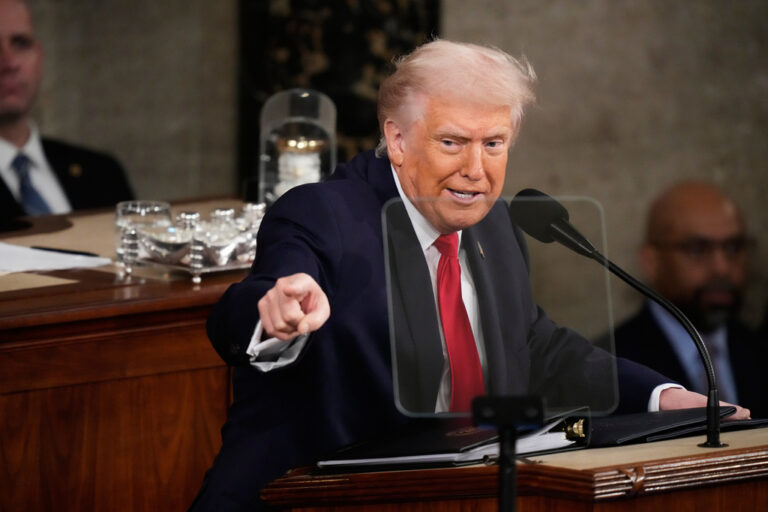
2 Responses
1. Neither of those gentlemen are one’s Jews would want to associate with (you can check their personal details elsewhere). At best they qualify as a “tinok she neshba” and that’s stretching it.
2. Cutting waste is nice, but to balance the budget one needs to cut the real programs (medicaid, medicare, social security, defense). Focusing on cute but dumb programs is a diversion from what really needs to be done.
This is a real tragedy. I have many personal experiences with USIP. Amongst other things they do yeoman work combating Islamic extremism around the world, including the Middle East. The people from overseas that I have worked with have been impressed that the U.S. government supports such a fine institution devoted to peace and conflict resolution. It’s budget is tiny. This is a terrible travesty and these gentlemen have nothing to be proud of.